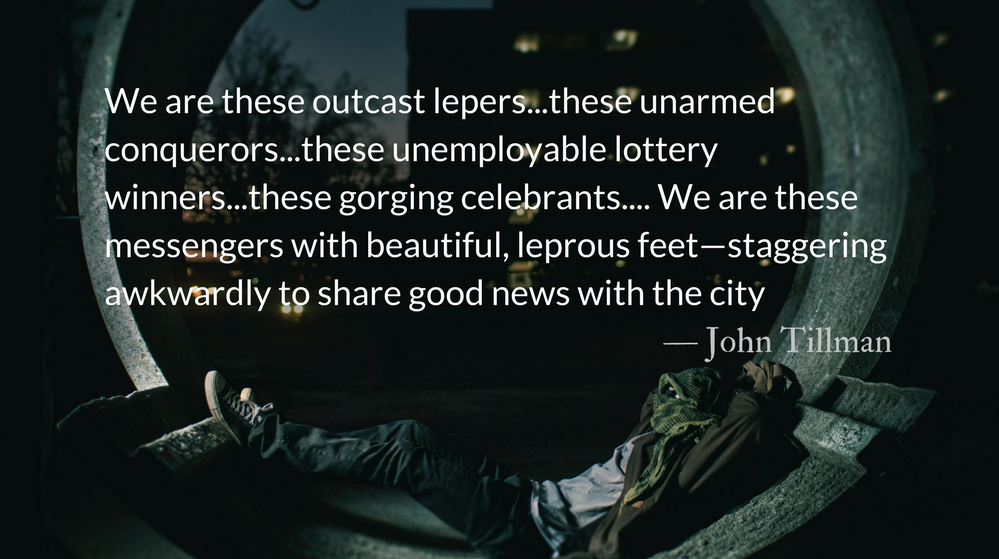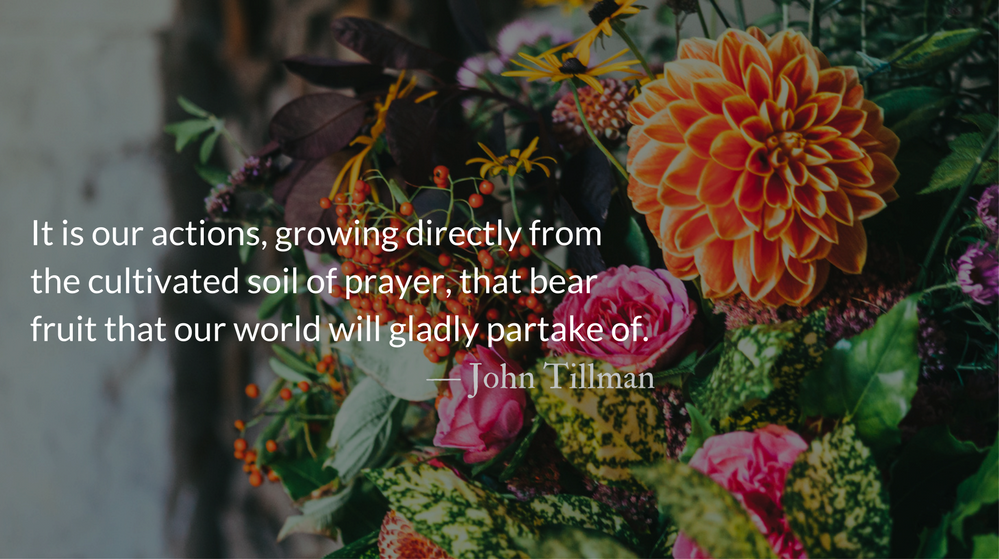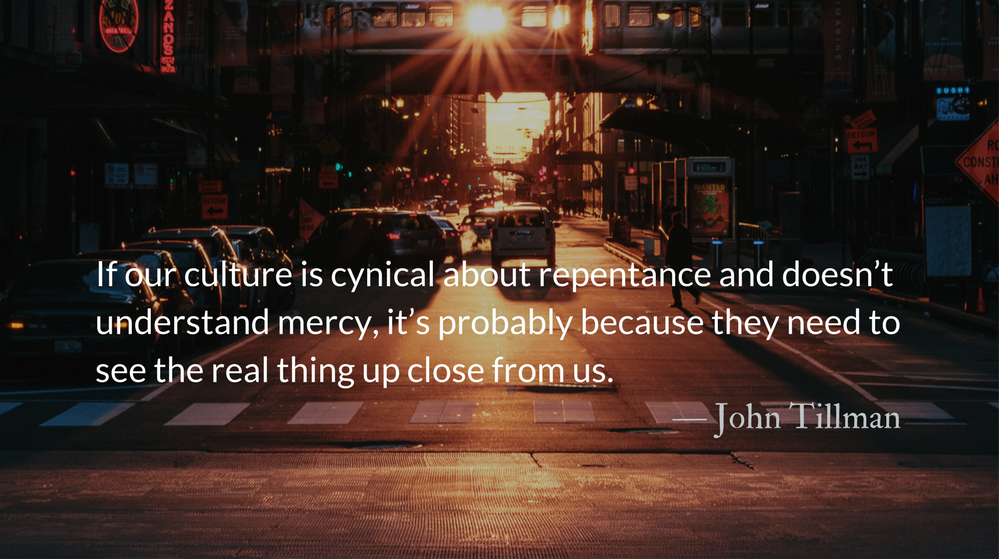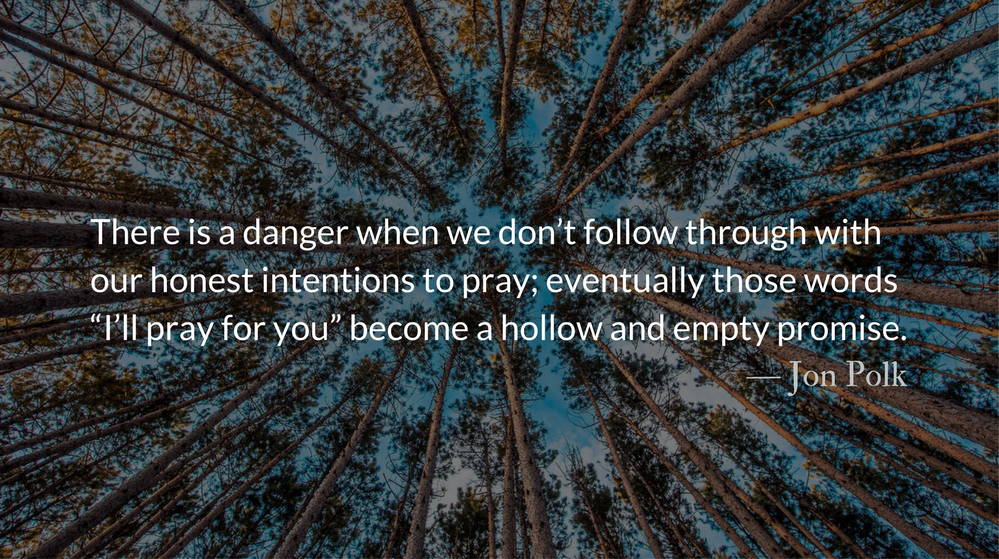Scripture: 2 Kings 7.9
Then they said to each other, “What we’re doing is not right. This is a day of good news and we are keeping it to ourselves.
Reflection: The Beautiful Feet of Lepers
by John Tillman
One of the joys of regularly studying and reading scripture (Especially when following a reading plan of the whole Bible) is finding the treasures hidden in the forgotten places, the stories in-between the Stories, and the nameless characters that never had a flannelgraph made of them. Down in one of these forgotten, skimmed over cracks are four outcast lepers.
Most stories of lepers in the Bible end with them being healed but these weren’t. In fact Jesus singled out this era of scripture as a time when not a single leper was healed except for a Syrian raider. He was a foreign fighter, a kidnapper and enslaver of children, and in many ways a man we would consider a terrorist. Yet, two chapters ago Elisha healed that man, sending him home without extracting either financial gain or even promised reform. But these lepers at the gate of Elisha’s own city went ignored.
The four are outcasts between the besieged and the besiegers. Those in the city are struggling with the economic fall-out of a siege that is severe enough to cause the desperate to resort to cannibalism. In this climate, the outcasts decide that death by the surrounding army can’t be worse than starving to death, so they walk out to surrender and discover instead that the battle is won and the spoils are strewn about waiting to be picked up.
At first they gorge and hoard the secret victory they have found. But before long they realize what they are doing is wrong. The resources they discovered, the wealth they stumbled upon, and the good news of the victory they did not have to fight for must be shared.
We are these outcast lepers—forced to the margins of a culture hostile to faith. We are these unarmed conquerors—walking boldly into the abandoned camp of the enemy. We are these unemployable lottery winners—suddenly gifted riches we could never earn. We are these gorging celebrants—filling emptiness that no other meal could quench. We are these messengers with beautiful, leprous feet—staggering awkwardly to share good news with the city that cast us out.
We may be diseased and unclean but we share the undeserved victory we have discovered. This is the gospel—that terrorists can be healed and saved and the rejects of society can bring the news of salvation and the testimony of victory unimaginable to their city.
The Request for Presence
Send out your light and your truth, that they may lead me, and bring me to your holy hill and to your dwelling. — Psalm 43.3
– From The Divine Hours: Prayers for Autumn and Wintertime by Phyllis Tickle.
Full prayer available online and in print.
Today’s Readings
2 Kings 7 (Listen – 3:55)
1 Timothy 4 (Listen – 2:05)











